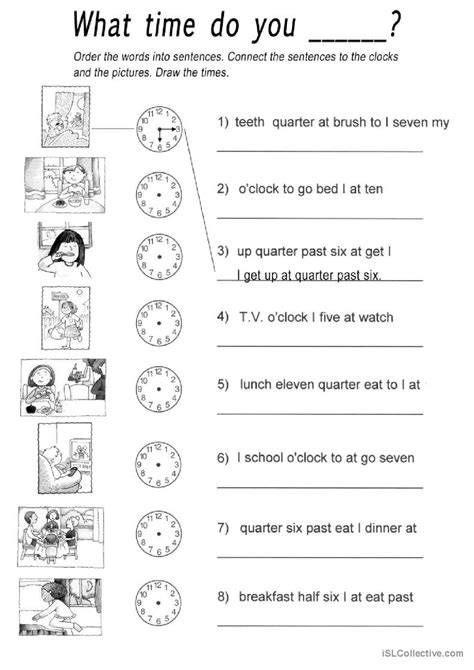The Surprising Science of When to Do Everything

From the moment you wake up to the time you finally lay your head down at night, every day is a carefully orchestrated dance of activities. But what if there was a better way to do it? What if there was a science to when we should do everything, from eating breakfast to going to bed?
It turns out, there is. And it’s not as complicated as you might think.
The Science of Timing
The human body is a complex machine, and it follows a natural rhythm known as the circadian rhythm. This 24-hour cycle regulates everything from our sleep-wake cycle to our body temperature and hormone levels.
When we disrupt our circadian rhythm, it can have a negative impact on our health and well-being. We may experience fatigue, irritability, and difficulty concentrating. We may also be more susceptible to illness.
But by understanding our circadian rhythm, we can take steps to optimize our daily routines and improve our overall health.
When to Do Everything
Wake Up
Most people think the best time to wake up is between 6 and 8 am. But the optimal wake-up time for you depends on your individual sleep needs and your schedule. If you’re not a morning person, you may find it easier to wake up later. But if you have a job or school that requires you to be up early, you may need to train yourself to wake up earlier.
Eat Breakfast
Eating breakfast is one of the most important things you can do for your health. It gives you the energy you need to start your day and helps you focus. The best time to eat breakfast is within an hour of waking up.
Exercise
Exercise is another important part of a healthy lifestyle. It helps you lose weight, improve your cardiovascular health, and reduce your risk of chronic diseases. The best time to exercise is in the morning or early afternoon. This is when your body is at its peak performance.
Eat Lunch
Lunch is a chance to refuel and re-energize. The best time to eat lunch is between 12 and 2 pm. This gives you enough time to digest your food before your afternoon activities.
Take a Nap
If you’re feeling tired in the afternoon, a nap can help you boost your energy levels. The best time to take a nap is between 2 and 4 pm. This is when your body’s natural sleep-wake cycle is at its lowest point.
Eat Dinner
Dinner is the last meal of the day, so it’s important to make it a healthy one. The best time to eat dinner is between 6 and 8 pm. This gives your body enough time to digest your food before you go to bed.
Go to Bed
Most adults need seven to eight hours of sleep per night. The best time to go to bed is between 10 and 11 pm. This gives your body enough time to get the rest it needs.
Tips for Optimizing Your Timing
- Be consistent. Going to bed and waking up at the same time each day, even on weekends, will help regulate your circadian rhythm.
- Get enough sleep. Most adults need seven to eight hours of sleep per night. When you don’t get enough sleep, it can disrupt your circadian rhythm and make it harder to function during the day.
- Eat healthy foods. Eating a healthy diet will help you maintain a healthy weight and improve your overall health.
- Exercise regularly. Exercise is another important part of a healthy lifestyle. It helps you lose weight, improve your cardiovascular health, and reduce your risk of chronic diseases.
- Avoid caffeine and alcohol before bed. Caffeine and alcohol can interfere with sleep. Avoid consuming them in the hours leading up to bed.
Benefits of Optimizing Your Timing
Optimizing your timing can have a number of benefits, including:
- Improved sleep
- Increased energy levels
- Better focus and concentration
- Improved physical health
- Reduced risk of chronic diseases
If you’re not sure where to start, talk to your doctor. They can help you develop a personalized plan to optimize your timing and improve your overall health.
Conclusion
The science of timing is a powerful tool that can help you improve your health and well-being. By understanding how your body’s natural rhythm works, you can make small changes to your daily routine that can have a big impact.
